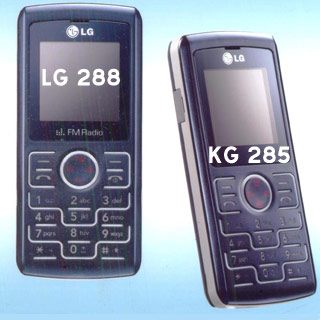Happily, the chances of a child dying are quite slim, which makes buying a juvenile policy an emotional and, ultimately, costly bet for most people. Your money would be better spent on covering the adults in the family.
And, don't be tempted by a guarantee of future insurability. Take out a policy now, you'll hear, and your kids won't have to risk being denied coverage if they develop a chronic illness sometime in the future. It may sound tempting, particularly if you have a family history of diabetes or heart disease but, again, there are better options.
2. Accidents. Unless you're working as a stunt man or racing cars for a living, the odds of you dying in an accident are actually fairly low. Insuring against this eventuality often costs more than the premiums on a term life policy, which would cover you no matter how you die.
Major catastrophes such as car wrecks and fires are usually covered under other policies you're likely to hold. And, if you're killed on the job, your employer would be on the hook. Stick with a broader life policy which focuses on the event of your death, not on how it happened.
3. Identities. While you should be vigilant to ensure that someone doesn't steal your confidential information online, identity theft policies, usually sold as an add-on to house or condo insurance, aren't likely to help much, says the Public Interest Advocacy Centre. In fact, much of the coverage available is already provided free to most consumers, although many may not realize it, the Centre reports.
Given the zero-liability policies of major credit card issuers and because debit card losses are generally reimbursed, identity theft insurance for credit or debit card losses is superfluous in most cases, PIAC advises.
As well, since its major benefits - payment for time off work to resolve messy identity theft issues, as well as legal assistance - are capped at such low recovery levels, identity-theft coverage is generally not worthwhile.
4. Warranties. An extended warranty gives you some protection in case your purchase breaks down after the manufacturer's warranty runs out. It can easily add 30% to the price of goods, particularly electronics. Is it worth it?
Well, it depends on the length of the original manufacturer's warranty. If it's for one year and the extended warranty is for two, you're really only receiving one extra year of protection for the cost.
If you're doing your shopping at close-out vendors, which generally just supply you with a replacement product, you may want the comfort of extra coverage however.
Many credit cards give extended warranty coverage to customers who purchase a product using their credit card. Check with your provider to learn more about what they offer.
5. Cars. Consider dropping collision and/or comprehensive coverage if you own an older vehicle. You'll only recoup the book value of the vehicle, which is often lower than you think, if it's totalled in an accident.
As a rule of thumb, it's probably not cost-effective to continue insuring cars worth less than 10 times the amount you expect to pay in premiums, warns the Insurance Information Institute. With most cars, you should approach this limit after five or six years. Understand, however, that if you eliminate this coverage, you'll have to look after accident repairs or replacement if the car is stolen.
6. Flights. Again, this is very expensive comfort. Although the odds vary depending on how much you fly, your chances of getting killed in a plane crash are much lower than of you getting hit by lightning. Even then, the odds are that you'll survive the crash. And, if you don't, the airline will likely compensate your family.
In fact, you may already have flight insurance, assuming you purchased your plane ticket with a credit card. Some credit card companies provide basic coverage just for charging your ticket on their card. And, you can often supplement this for a fairly modest premium when compared with what's available in airports.
 Insurance Company to offer mobile theft insurance plan for its customers.
Insurance Company to offer mobile theft insurance plan for its customers.








